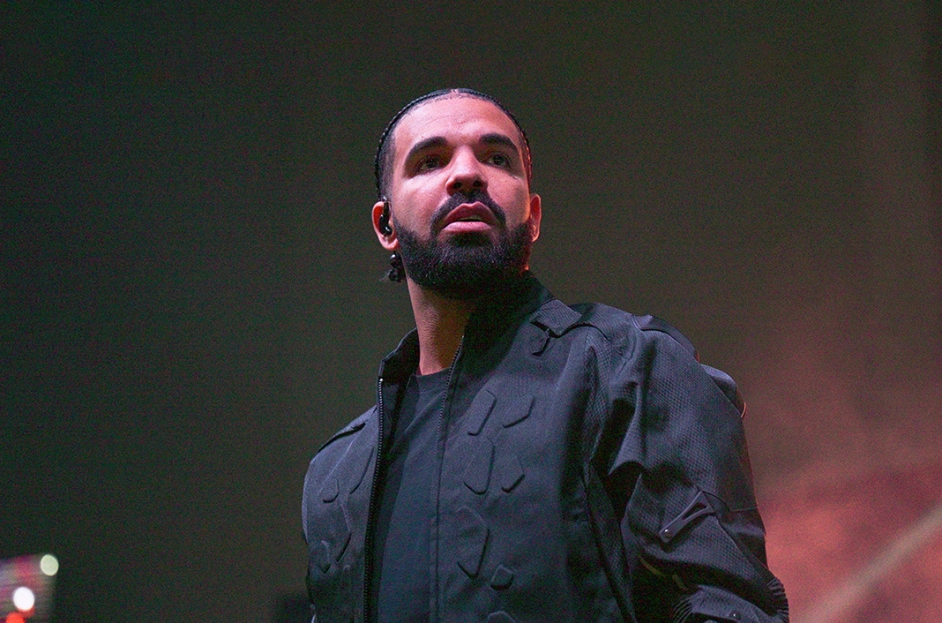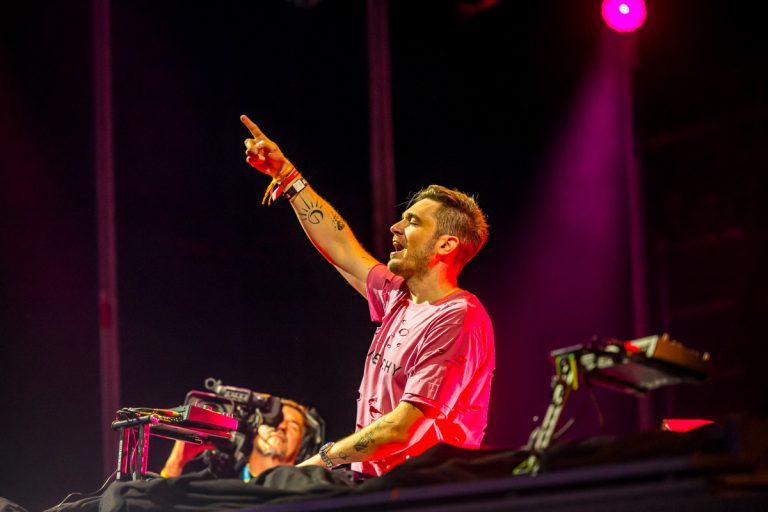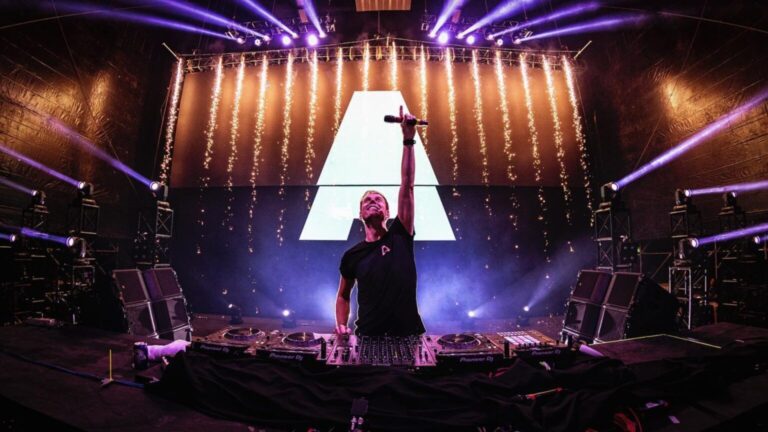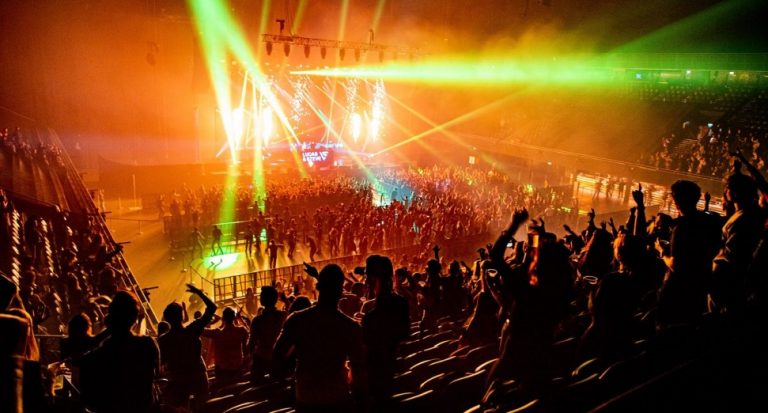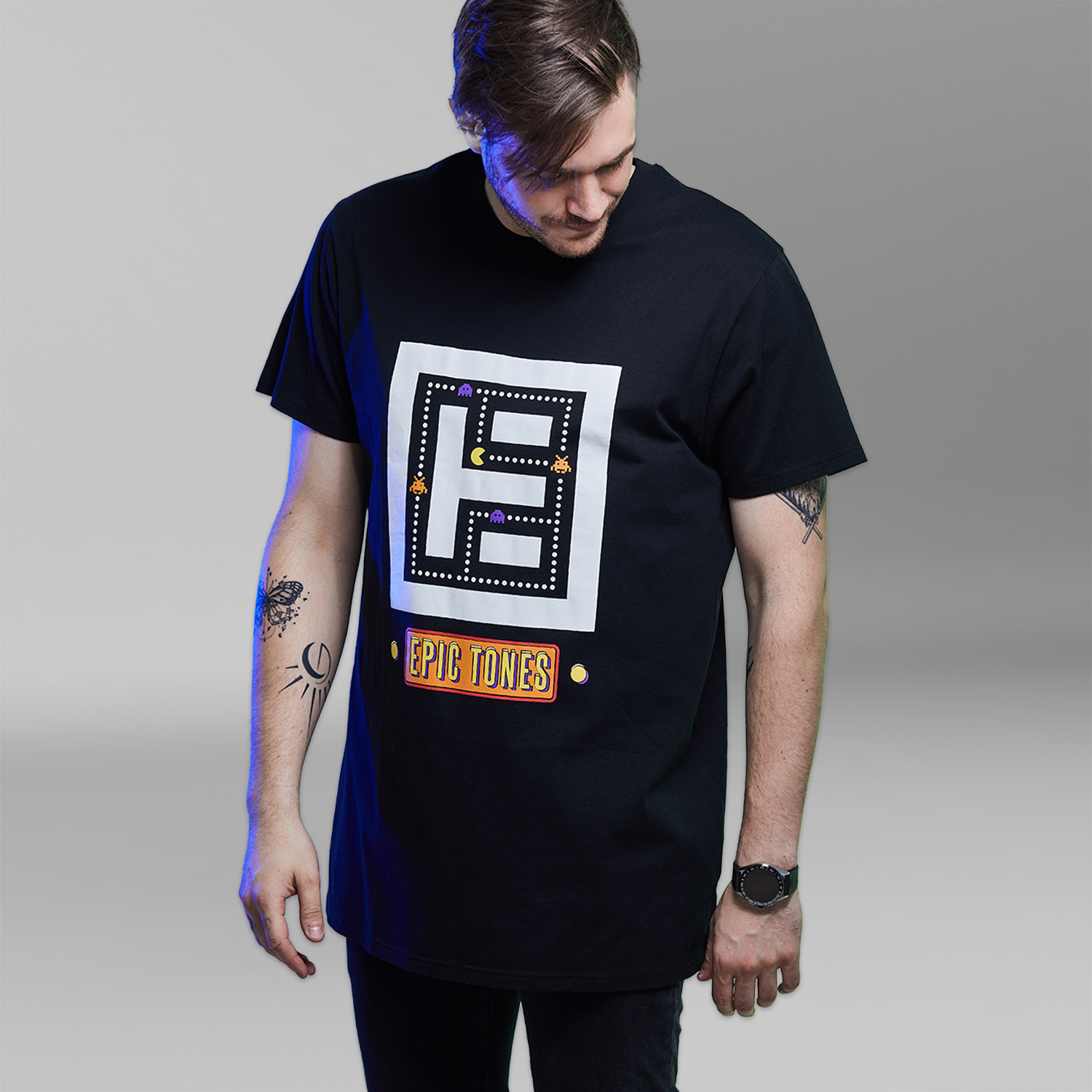The AI Imitation Debate in the Music Industry
Over the last week, there’s been a lot of buzz around “Heart on My Sleeve” – a song produced using artificial intelligence to mimic vocals from popular artists Drake and The Weeknd. The track was uploaded to TikTok by the user Ghostwriter977, and while most reactions have been positive, there’s a stark difference between fan perspectives (“not bad, pretty cool!”) and executive ones (“not bad, really scary!”).
While the track itself didn’t do any significant damage, streaming services pulled it down after a request from Universal Music Group, the label both Drake and The Weeknd record on. YouTube also removed the track due to copyright infringement, as it contained at least one obvious infraction in the form of a Metro Boomin producer tag.
But the question of whether imitating Drake’s voice qualifies as copyright infringement is far more complicated and nuanced than meets the eye. According to Universal, “the training of generative AI using our artists’ music” violates copyright, but whether this statement holds up in the US depends on whether training AI with music qualifies as “fair use” – which won’t be clear until relevant courts rule on the matter. In other countries, whether it was infringing or not would depend on local statutory exceptions for text and data mining that vary across countries. However, the act of deliberately imitating Drake’s voice would violate what an American lawyer might call his right of publicity, but a fan would likely call his artistic identity. This is based on precedents set by the cases of Frito-Lay violating the rights of Tom Waits and Bette Midler winning a lawsuit against Ford, both of which involved implied endorsements where none existed.
But beyond the legal components, the AI imitation issue is more fundamental. The essence of Drake’s art – his “Drakeness” – is his voice, which, while not technically great, is still a fundamental part of his creativity and identity. Parodying it is acceptable, as is seen in this video of Bob Dylan voice imitations, which is commenting on Dylan rather than copying him. However, creating a counterfeit Drake through AI technology might be even more of a moral violation than a commercial one. Bad imitations may be tacky, but accurate ones that replicate human voices are spooky. “Heart on My Sleeve” isn’t just Drake Lite – it’s an early attempt at Drakenstein, which can be interesting to see but is fundamentally alarming in how it imitates humanity.
Universal executives are well aware of the potential dangers of AI in the music industry and have internally discussed the coming challenges of AI for years. As such, they’re asking stakeholders which side of history they want to be on. This track is just the beginning of a coming storm. Historically, there have always been debates in technology about when new forms of media and technology will surpass old ones in terms of quality. However, with the introduction of AI technology in music, the focus shifts to how much more productive AI can be than human artists, and what happens once it starts operating at scale.
Imagine an artist like YoungBoy Never Broke Again crossed with King Gizzard & the Lizard Wizard. This hypothetical artist never needs to take a break, sleep, or eat, and always adheres to a proven commercial formula. Now imagine that this artist is cloned thousands of times. This is the real threat of AI to the music industry – not the potential for improved quality but the quantity that’s coming sooner than we can imagine.

